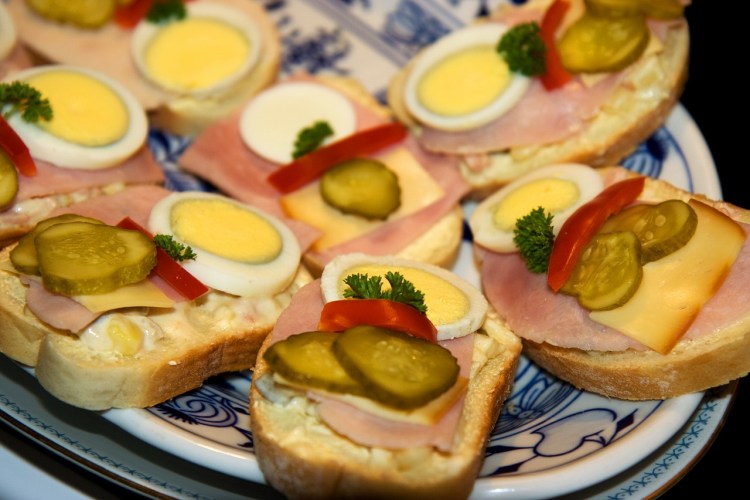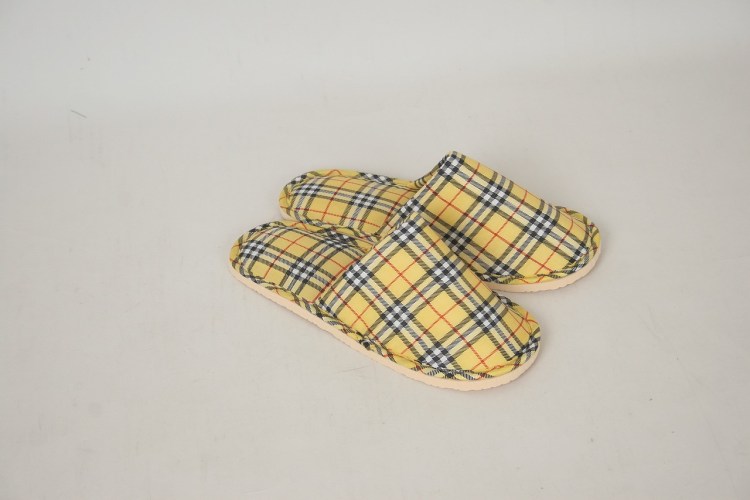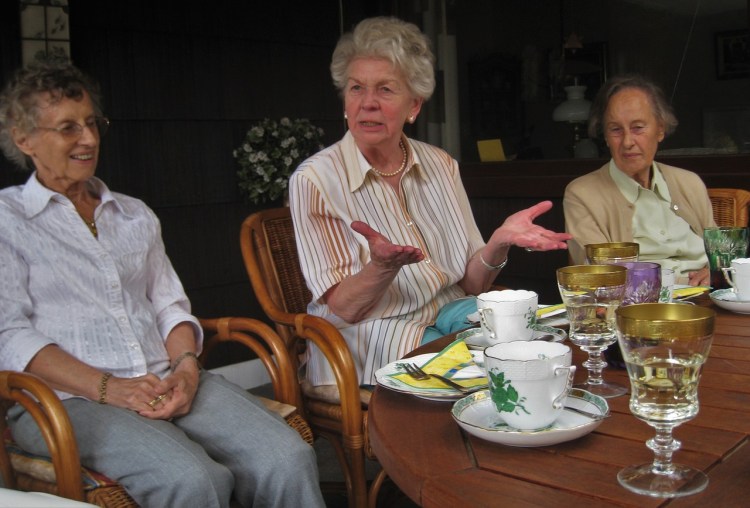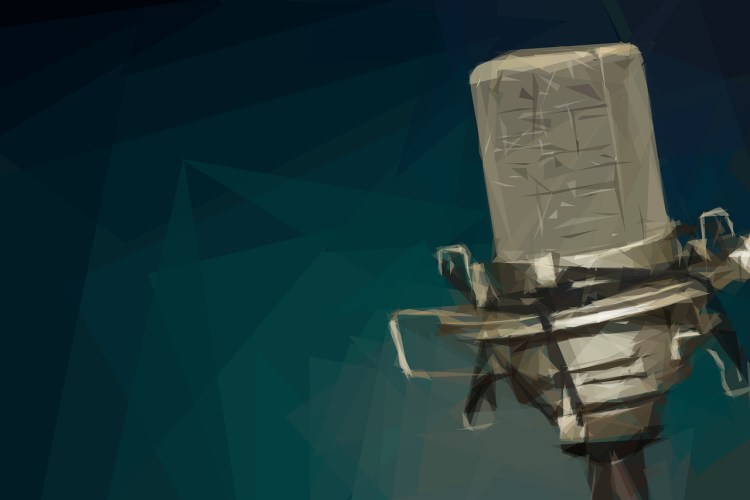People in all countries have their own habits that seem weird to a foreigner’s eye. Such quirks that one finds obvious and natural until someone else points out they aren’t considered normal in other parts of the world. Poles are no exception. Here’s a list of typically Polish things that might surprise you when you come.
1. The sandwich
The first surprise comes when you are served your meal. Poles love sandwiches. Sandwiches for breakfast, sandwiches for supper. But when you get your sandwich, you might get the impression that something’s missing, because the Polish ‘kanapki’ are open, without the top slice of bread or bun. We only prepare closed takeaway sandwiches (with cheese, ham, eggs, vegetables and whatever else you might think of between two slices of bread or bun) to have a second breakfast at work or school.

2. Meals
Hold on a minute… Second breakfast? What’s that? It is worth pointing out that learning to talk about food and meals in English is one of the first big problems that children come across during their English classes. The concept of ‘lunch’ is strange to them and dinner is definitely not associated with something you have in the evening. Poles are accustomed to having five meals a day. Breakfast, second breakfast, dinner, afternoon snack and supper. Healthy, isn’t it?

3. Slippers
If you are about to visit a Polish family for dinner or supper, don’t be surprised if they offer you a pair of slippers at the doorstep. It is considered to be good manners to take off your shoes when you enter someone’s house, but the older generation of Poles find it unthinkable to walk around barefoot, so they keep extra pairs of slippers for guests. Some people find it uncomfortable to put on used slippers, so they carry their own pair with them.

4. Hats for children
Parents tend to dress their babies and toddlers according to the calendar, not the actual weather. So if it’s early April, a hat and a jacket is a must. And it doesn’t matter that the temperature has risen to 25 degrees centigrade. 25 degrees in April is obviously not the same as 25 degrees in June. Actually, babies and toddlers always wear a hat, either to be protected from the cold or from the sun. Oh, and remember to keep the ears covered, even in the summer! Many Polish sun hats for the youngest are equipped with two pieces of fabric to cover the ears.

5. Aunts and uncles
Polish children have lots of aunts and uncles. But if you think that most Poles have enormous families, let me put you right. We don’t. The Polish language has two ways of addressing people, either by calling someone by his/her name (the ‘you’ form) or by saying Pan/Pani, which is the polite form that we use when we talk to people we don’t know. Children are not supposed to call adults by name, but on the other hand addressing their parents’ friends as Pan/Pani seems very artificial. That’s why most adults agree ton being called aunt and uncle, even if they are not part of the family. What is more, nowadays children often call their pre-school teachers ‘auntie’.
(If you would like make an attempt at learning the fascinating Polish language, try this online course.)

6. Celebrating name days
When you are a kid, your birthday is the most important day of the year both for you and your family. But once you get older, you stop looking forward to it, as it reminds you of the passing time. At some point Poles switch to celebrating their name days instead. This way they are not bound to say how old they are. Calendars that include name days are available everywhere. Pastry and flower shops often have the current names pasted on their doors, so that you don’t forget to buy flowers and something sweet to your dearest ones. Information on who is celebrating today is even displayed inside buses. Fortunately, our “Sto Lat” song is suitable for just any occasion, from birthdays, through name days,to weddings and anniversaries.
(To find out more about Polish weddings and to learn to sing the "Sto Lat" song, watch this video.)

7. Voiceover
Watching television in Poland can also be quite an interesting experience for foreigners. While you can watch dubbed or subtitled movies at the theaters, you won’t get that on tv. What you get instead is voiceover. The translation is read by a lector from a script, so you can hear the actors’ voices in the background and a dull, usually male voice, reading the translation without any emotions. Yay!

8. Fences
One might argue that we are very territorial, because Poles simply love fences. Nearly all houses have a fence (or even a wall) around them. Even blocks of flats are often surrounded by a fence - and then within this fence those who live on the ground floor surround their little gardens by another fence. And the playground for the children from the neigborhood is often surrounded by yet another one. A fence within a fence. This passion for demarcating our territory is particularly visible at the seaside. If you go to the beach, you’ll see windbreaks and beach shelters everywhere!

Apparently we enjoy a bit of privacy even in such crowded places as the beach. But this love for isolating ourselves is quite a paradox. After all, we are considered to be a very hospitable nation.
Would you like to...
 LET'S DESIGN YOUR TOUR!
LET'S DESIGN YOUR TOUR!